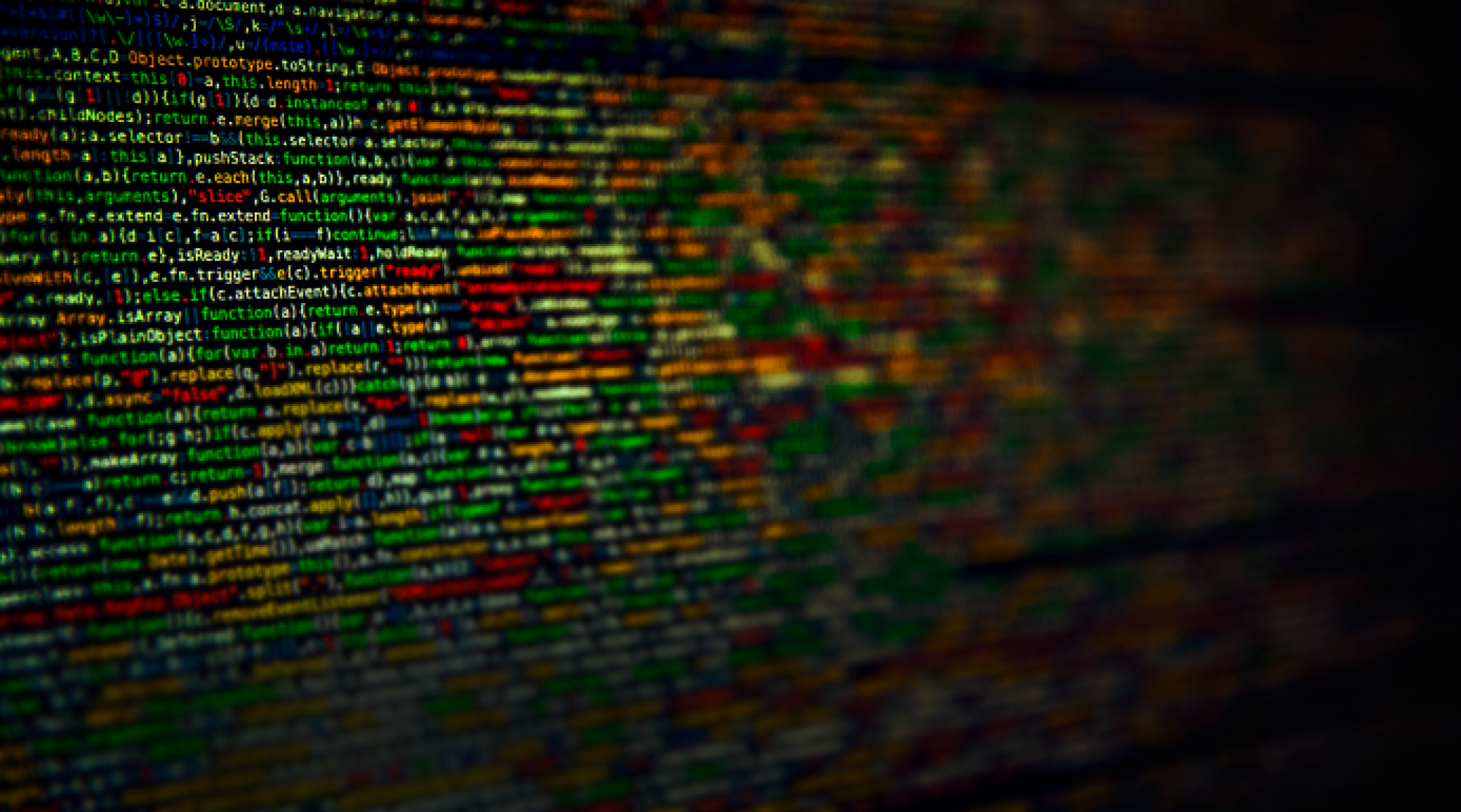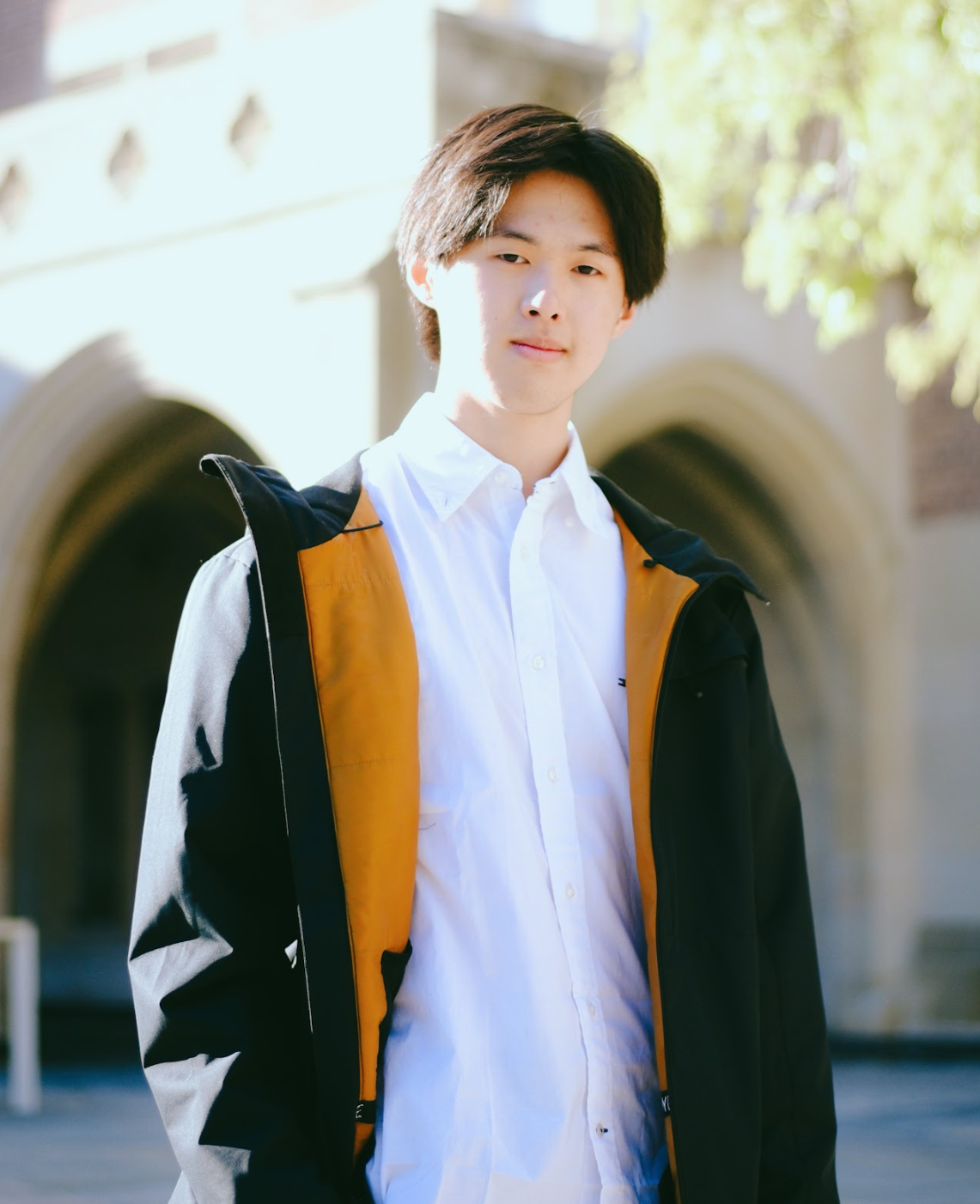
Ryan Chaiyakul
A Socratic Seminar, but Everyone is a Robot
Mentor: Rick Dale
Year: Junior
Major: Computer Engineering
From a 2024 report (datareportal.com), over 66% of all people on Earth use the internet and often do so to “[find] information”. While a global hub may suggest the prospect of unity, the internet has often served as a vessel where distrust of science, government, media, and each other fester. As manufactured text, photos, and videos become accepted as everyday obstacles, the need for common ground becomes painfully apparent. While preserving the kernels of truth is a necessary solution, it is a difficult task to make neutral and nuanced rhetoric more popular than suspect grabbing headlines on the most overstimulating platform: the internet.
Motivated by the exponential growth of LLMs, I believed that LLM agents prompted on a preprocessed blend of validated facts and suspect opinions can produce relatable yet intellectual debates on modern day events.
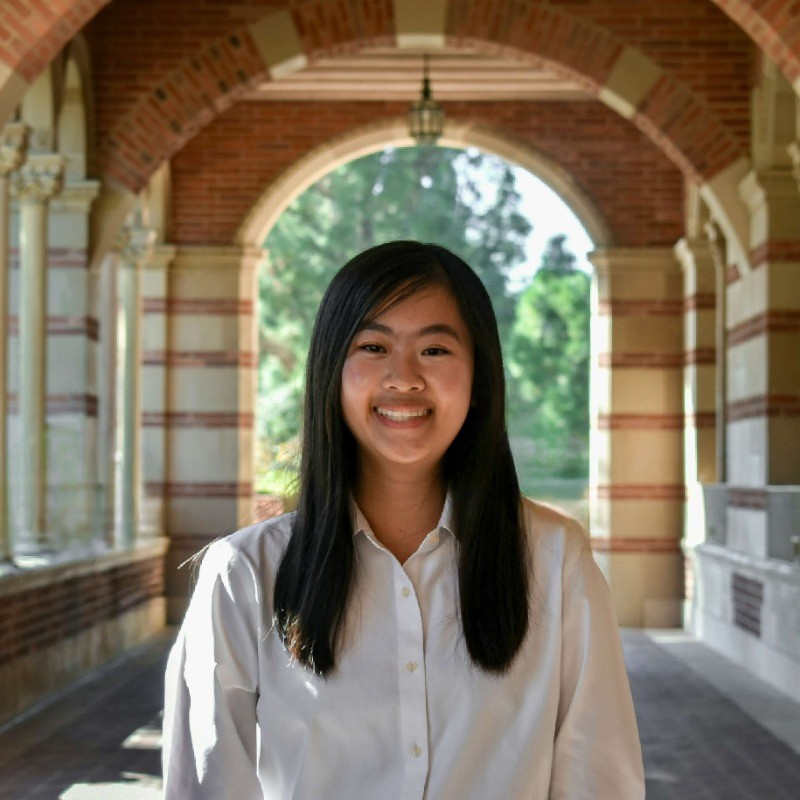
Anne Do
Educating Ethical Computer Scientists for a Sustainable Future
Mentor: Maggi Phillips
Year: Sophomore
Major: Computer Science
In an era dominated by technological advancements and ethical dilemmas, the need for computer scientists with strong ethical foundations is more pressing than ever before. However, traditional approaches to teaching computer science ethics often fall short in engaging students and fostering genuine concern for ethical issues. This project aims to address this challenge by developing an embedded ethics computer science curriculum for the Computer Science B.S. degree in the UCLA Samueli School of Engineering.
I will first develop a comparative analysis of existing embedded ethics computer science curricula in universities across the nation. Next, I explore the current state of computer science ethics education at UCLA, examining strengths and areas for improvement. Based on these findings, I will then design an embedded ethics computer science curriculum for UCLA that incorporates novel pedagogical approaches, presenting the results to relevant stakeholders for further feedback. Key questions to consider include the impact of early integration and strategies for accessibility and scalability.
My research project seeks to not only equip students with the knowledge and skills to navigate complex ethical issues in their future careers, but also empower the next generation of computer scientists to shape a more sustainable future for all.
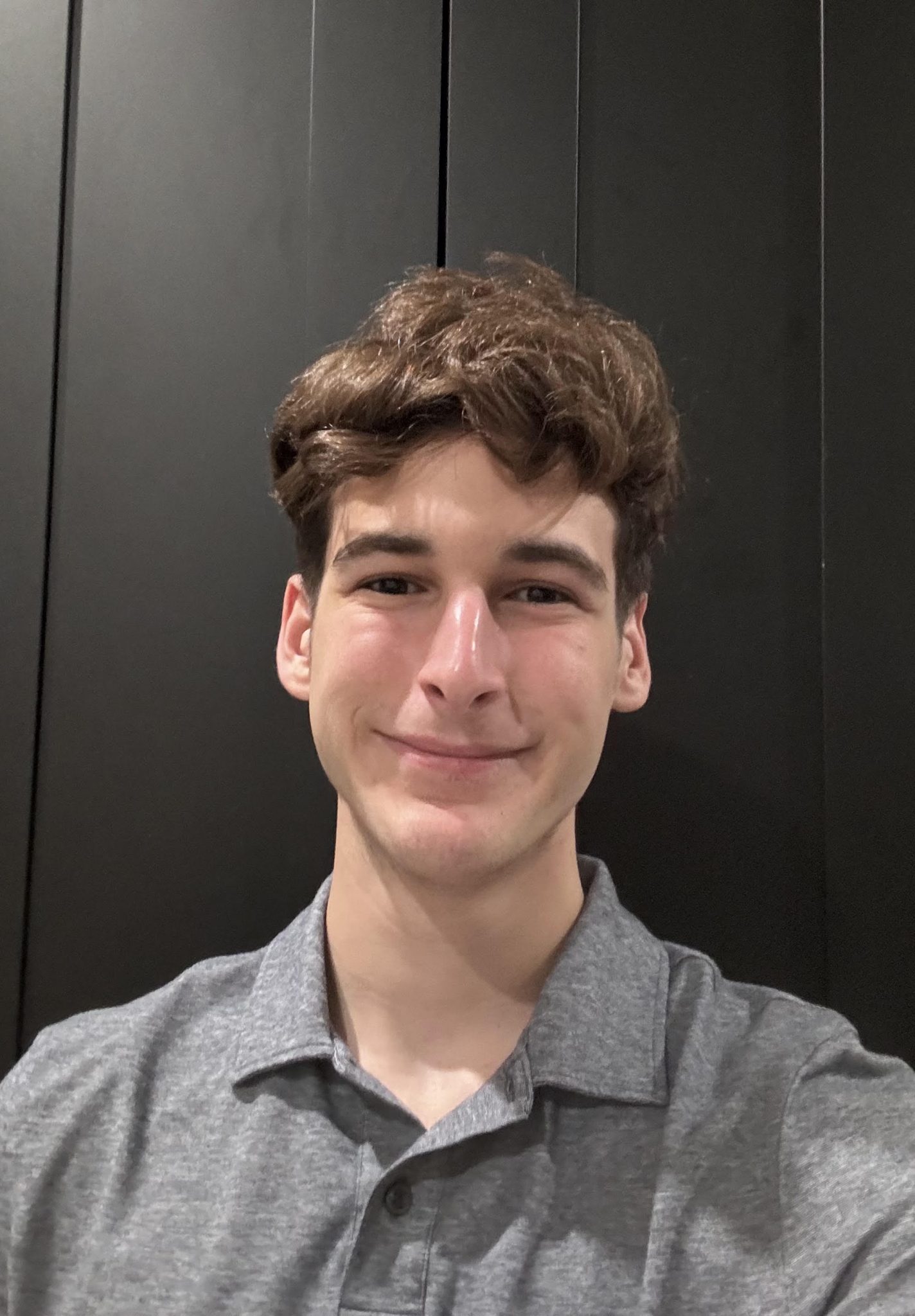
Nicholas Holmon
Implementation of “BatteryGPT:” An Artificial Intelligence Chatbot Tuned For Battery Research
Mentor: George Abe
Year: Junior
Major: Chemical Engineering
Our society is bounding towards a future dominated by artificial intelligence. Even currently, AI is exploding throughout the internet landscape with chatbots capable of voice generation, image generation, and much more. However, one remaining weakness of these chatbots lies within the field of academia. More specifically, a large majority of AI bots are limited in their ability to assist in research-related endeavors. With an almost unlimited database available, it can often be challenging for AI to pinpoint relevant information when presented with an in-depth inquiry within a complex topic. Thus, users with research-related questions are left with surface-level insight when the AI is clearly capable of a much better response. Inspired by “Potential to transform words to watts with large language models in battery research,” the goal of this project is to create, implement, and enhance a “ChatGPT” based large language model that specializes in battery research. Working within the Yuzhang Li Lab at UCLA, implementing this tool would assist newer undergraduates in their learning journey through the battery field. Furthermore, instructing the AI to provide citations would present an efficient alternative to sites such as Google Scholar, providing a direct link from a user’s question to relevant, credible information.
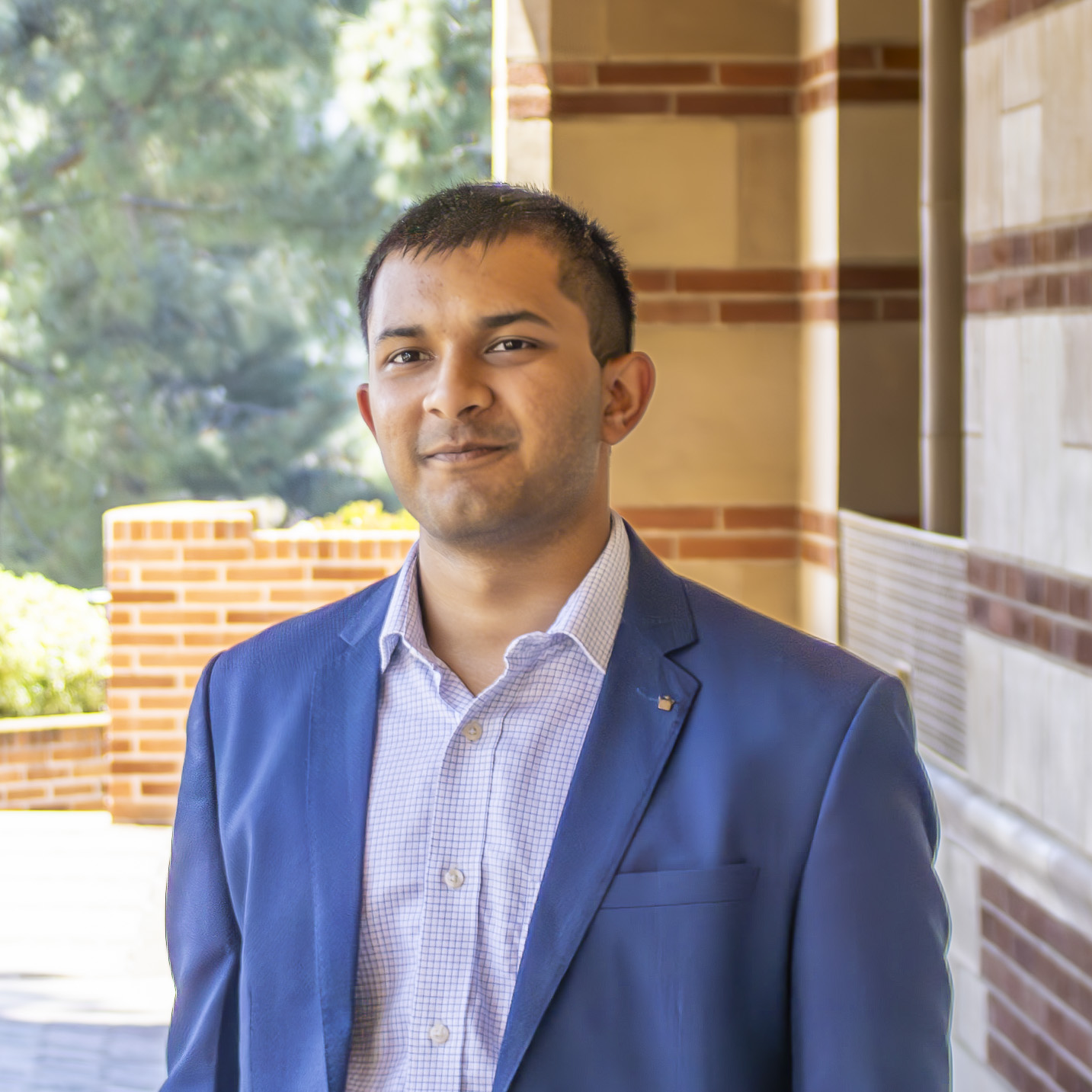
Sujay Jain
Ethical AI Model Development from Social Media-Sourced Medical Data
Mentor: Eric Haseltine
Year: Senior
Major: Computer Engineering
The proliferation of social media platforms like Twitter, Reddit, WhatsApp, and Facebook has revolutionized how healthcare professionals share medical images and patient information. These platforms facilitate collaborative diagnoses and educational outreach, and now, the data is increasingly used for artificial intelligence (AI) model development. This project explores the dual-edged sword of utilizing medical data shared on social media platforms for AI development. While these platforms offer an unprecedented volume of data, facilitating advancements in AI-driven diagnostics, they also present significant privacy, ethical, and bias challenges. By examining medical data sharing practices across different platforms, and regions, the study aims to identify biases and privileges affecting data sourcing for model development. The study also investigates biases introduced by this training, variations in consent and anonymization rules across countries, and the impact on patient privacy. The end goal is to enable AI researchers to ethically leverage social media-shared medical data for model development, resulting in an informative website and a tool for accessing crowd-sourced, high-quality medical images and information.
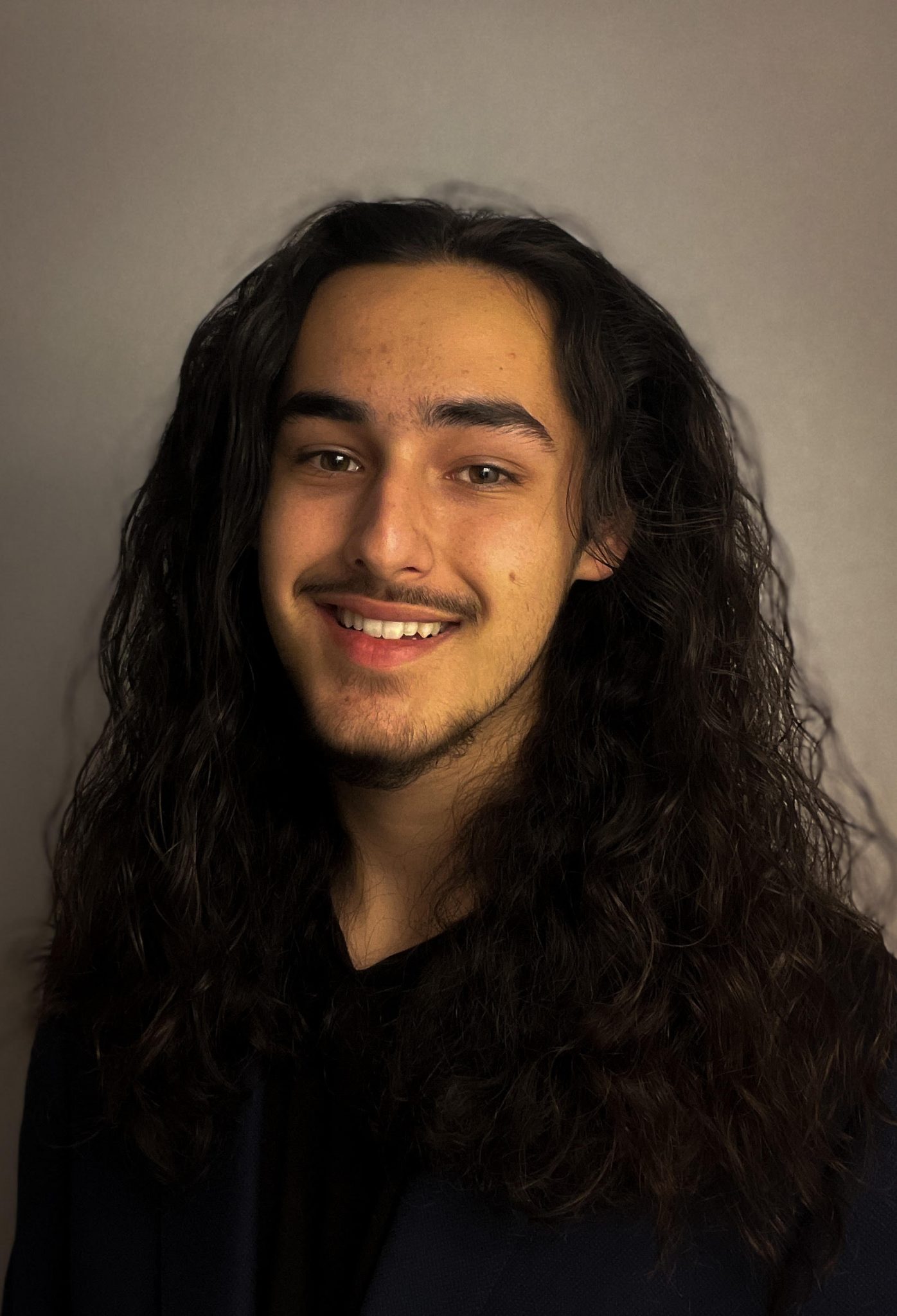
Julian Jenkins
Understanding the Environments of Successful Low Income Students
Mentor: Chris Gilbert
Year: Sophomore
Major: Education and Social Transformation + Public Affairs
What allows some students to attend college? Can those needs be met for students who don’t come from financial wealth? I know they can be met as I was raised in a “low-income, single-parent household” and was still able to attend UCLA. My question is how? What are the needs of students and how can schools and communities work to support those needs? My study aims to identify the factors in the growing-up environments of high-achieving students that allowed them to attend college. My study accomplishes this by interviewing students who received The Gates Scholarship, a scholarship for high-achieving, low-income students with an acceptance rate of less than 1%. My study uses an asset-based mindset, not focusing on the lack of financial wealth these students grew up with, but rather the things they did have that supported their journey to higher-education. This study uses mixed qualitative and quantitative methods to collect data and analyze it. My aim for this study is to inform schools on how to better support the needs of their low-income students to make higher education a possibility for more. I also aim for this study to open the door to more research on how schools and communities can best support all of their students in diverse career pathways and prevent youth from being caught in the criminal justice system.
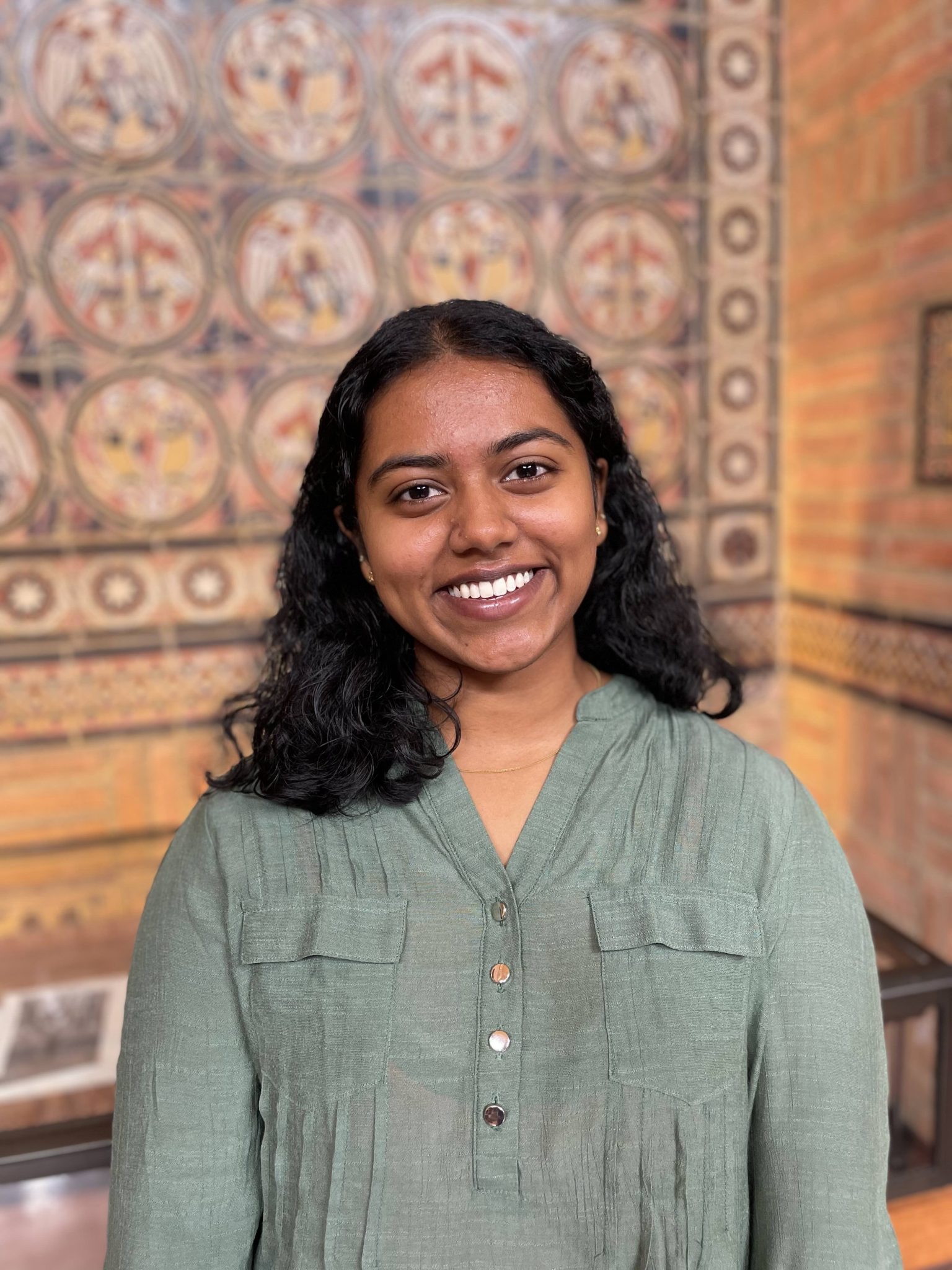
Sadhana Jeyakumar
NutriNarratives: Mapping Food Justice in South LA
Mentor: Amit Sahai
Year: Senior
Major: Human Biology & Society, Asian American Studies Minor
Food serves as a significant social determinant of health, as poor nutrition exacerbates disease vulnerability. Unfortunately, food insecurity disproportionately affects low-income minority communities in South LA who have limited access to affordable and nutritious food options.
To address the challenge of food insecurity in South LA, I aim to develop a participatory mapping tool using ArcGIS StoryMaps to spatially attribute healthy and cultural food resources, including urban gardens, farmer’s markets, and food banks. By offering affordable yet ethnic alternatives beyond traditional outlets like expensive grocery stores and fast food restaurants, this tool will help deconstruct the Western diet while improving food security. I also hope to incorporate proximity tools and transit modes using the LA County Planning database, pinpointing resources within walking or biking distances. Finally, I intend to collaborate with local organizations, like the Los Angeles Regional Food Bank, to engage residents in oral history interviews woven throughout the mapping tool to communicate community perspectives on sustainable community-owned initiatives, thus advocating for nutritional assistance grants and funding. By creating an accessible and user-friendly online mapping tool, my goal is to empower South LA residents to navigate their food landscape and call for systemic changes benefitting present and future generations.
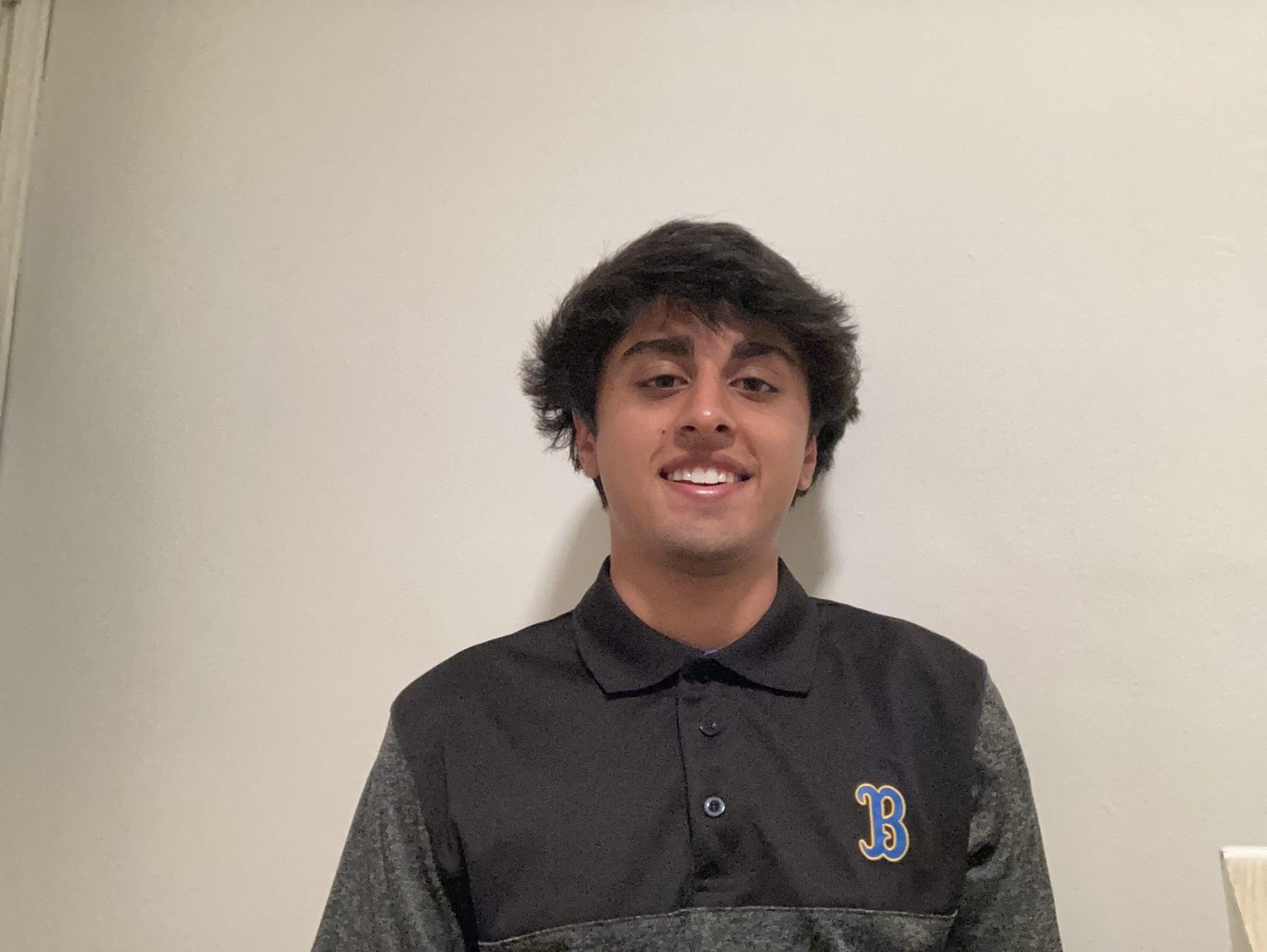
Dhruv Pareek
The Book Fund
Mentor: Leonard Kleinrock
Year: Senior
Major: Computer Science
My project is a donation platform built with Ethereum smart contracts to connect potential donors with UCLA students who want to purchase books. Anyone would be able to donate money (in the form of depositing USDC to the smart contract) and anyone would be able to request a withdrawal of funds from the platform. People will only be granted a withdrawal of funds (like being given a donation) if the smart contract can verify the user logs into to a “ucla.edu” email address and that UCLA email address was previously used to purchase books with some retailer. The smart contract would verify that the student purchased books and should be refunded by using an Oracle to check with a database that contains a purchases by users with @ucla.edu emails. Users will only be refunded up to a constant amount, maybe $50 or $75.
This idea initially creates a donor platform to connect donors with UCLA students buying books, but it can easily be expanded much wider to connect donors to other types of people purchasing other types of things. This could include other students at other colleges buying books who can be verified by their school’s email address and a database of book purchases. Or families on welfare purchasing groceries who can be verified by a welfare number and a database of grocery purchases. Smart contracts and the Ethereum network give the ability to seamlessly connect donors and potential recipients in a public and verifiable manner.
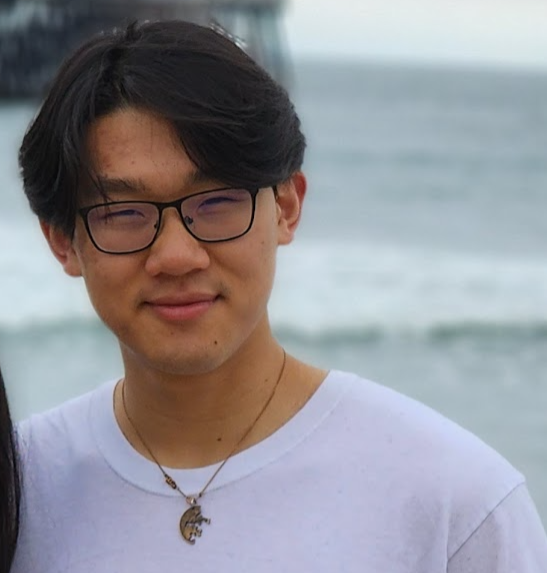
Edward Sun
Life Long Learning and Multi-Agent Intelligence
Mentor: Carey Nachenberg
Year: Sophomore
Major: Computer Science
This project aims to develop a multi-agent, goal-oriented lifelong learning framework inspired by Voyager’s innovative approach to embodied large language models (LLMs). While Voyager utilizes a single agent for continuous learning in sandbox environments like Minecraft, our framework will extend this concept to multiple agents working in parallel to solve complex problems in various real-world settings. By leveraging a goal-oriented curriculum, our system will focus on learning skills that are directly relevant to specific tasks, enhancing generalizability beyond exploratory environments.
Moreover, the framework will incorporate multimodal feedback, utilizing vision in addition to text-based feedback, to improve the agents’ understanding and interaction with their environments. A key feature of our approach is the collaborative learning process among agents, facilitated by a shared vector database where acquired skills are stored and exchanged. This collaborative multi-agent learning not only accelerates the acquisition of new skills but also enables the development of advanced collaborative capabilities. By integrating these elements, our framework will push the boundaries of lifelong learning in AI, offering a robust solution for complex, dynamic environments such as embodied home robotics, search and rescue operations, and beyond.
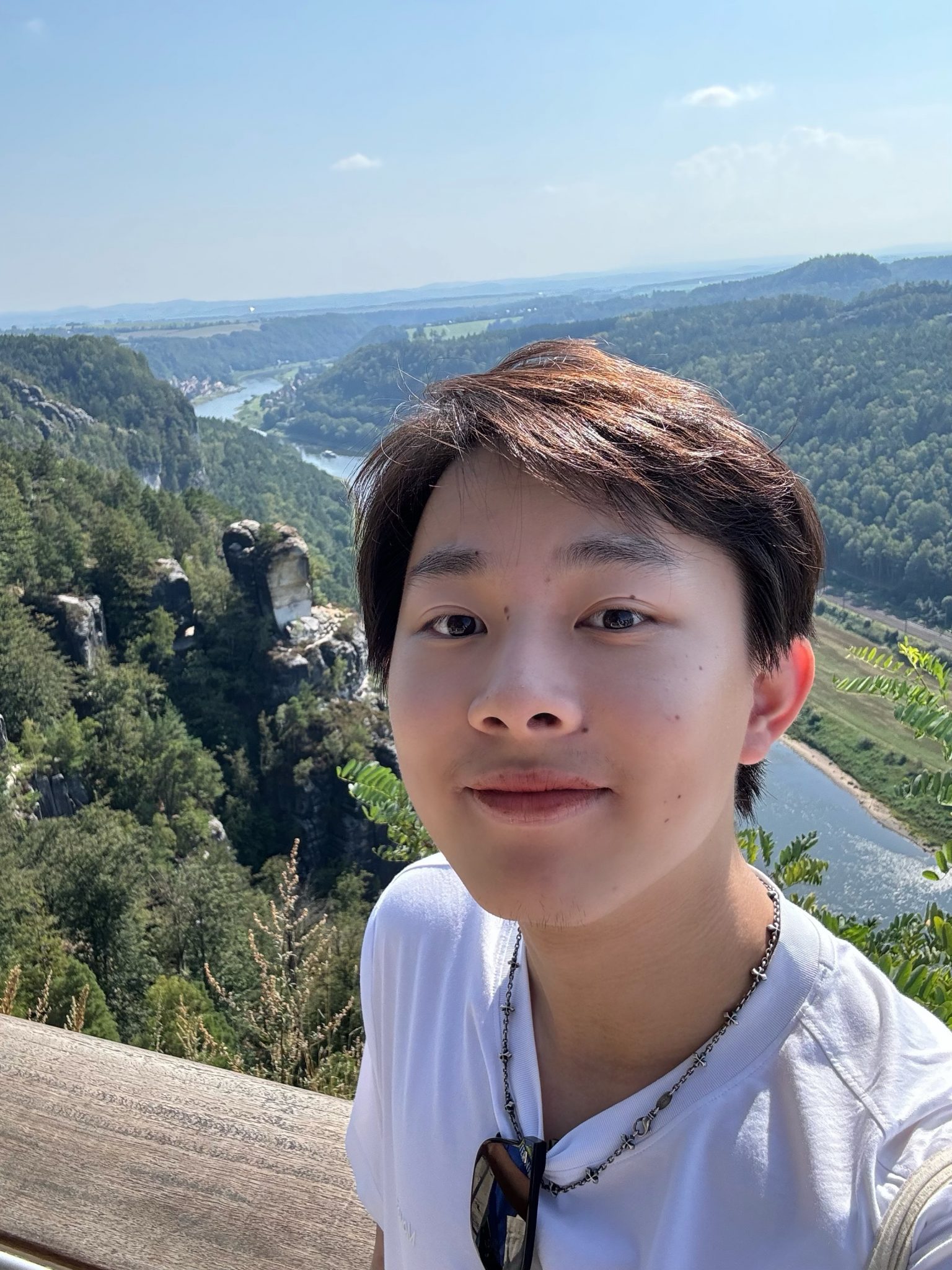
Ziyan Xie
Aletho: Where Words Connect Worlds
Mentor: Jeff Burke
Year: Junior
Major: Cognitive Science, Linguistics and Philosophy, ELTS with German Minor
Aletho is a web-based emergent poetry project designed to revive the art of “poesis”—the organic reproduction of living experiences—by enabling people to create, share, and explore poetry through a dynamic cyber interface. Amidst the swift flow of information through social media feeds and chatbots, thoughtlessness and polarization have become prevalent. Aletho aims to counteract this by providing a space where people can engage in free-form creation, self-exploration, and interpersonal communication through poetry. Participants curate a personalized lexicon from a word bank refreshed daily, craft poetry from these words, and then explore a globally interconnected hypertext of anonymously shared poems. The nontrivial effort to traverse texts and engage with diverse possible worlds encourages deep engagement. Through Aletho, the individual “A-letho” (“not forgetting” in Greek) will evolve into the collective “Aletheia” (“disclosure” in Greek), revealing shared roots of authentic human connections.
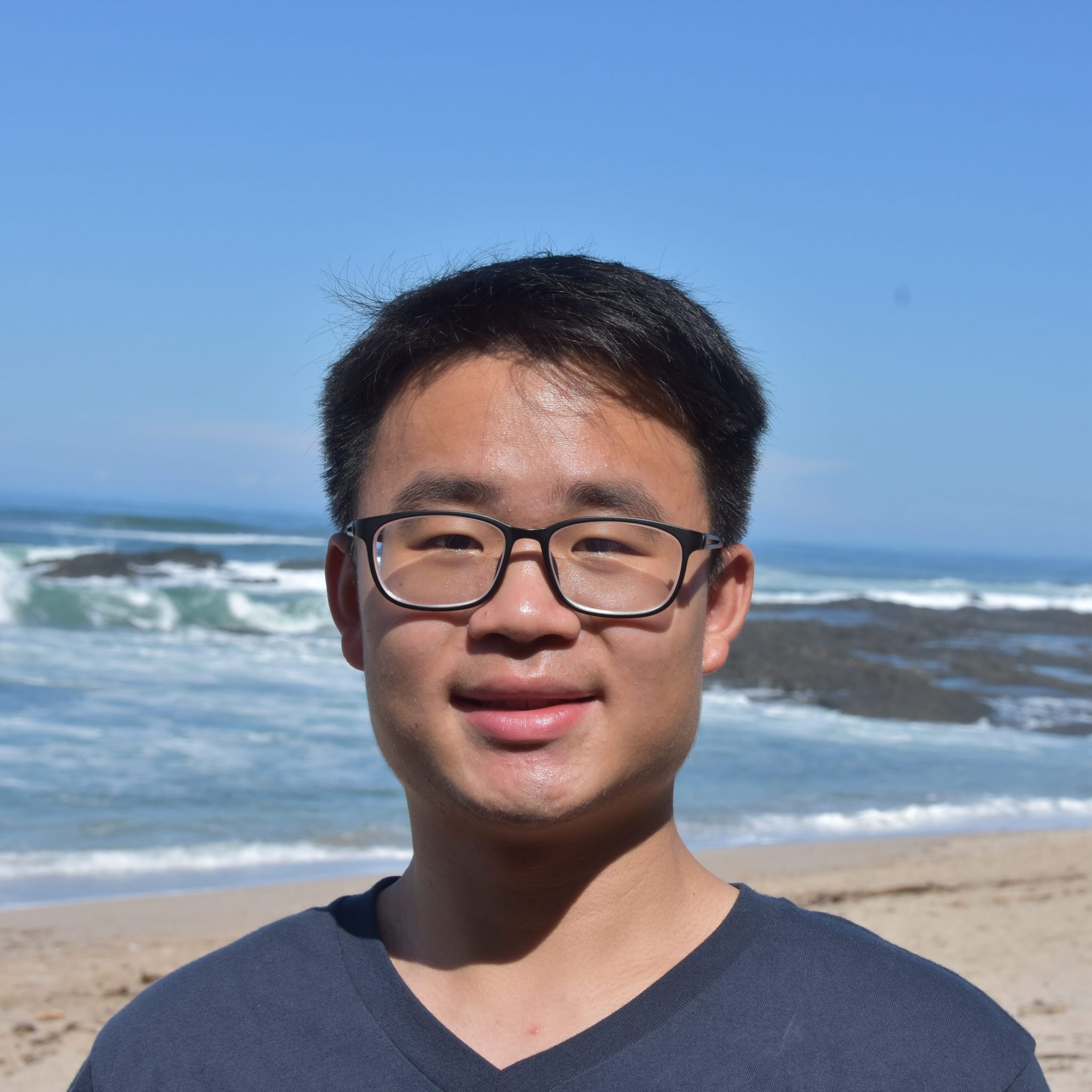
Xingjian (Harry) Zhou
Making Machine Learning Interpretable
Mentor: Venky Harinaryan
Year: Sophomore
Major: Computer Science and Engineering
The recent rapid advances in the field of machine learning has led to a pressing need for interoperability. While large language models like GPT-4 or powerful video generators like Sona have become more and more impactful on our daily lives, we humans barely know anything about the inner workings of these intelligent machines due to their enormous amount of parameters.
As a result, I’m inspired to make machine learning more interpretable to humans. Currently, I’m doing research in Professor Hsieh’s Computational Machine Learning Lab, working on a closely related field called neural network verification, which involves finding blindspots and vulnerabilities of a model. Knowing when and why a model malfunctions is a crucial step to gaining a deeper understanding of the underlying structure of a model, so I sincerely believe that I would be able to make real progress in making machine learning more interpretable.
Being able to understand these increasingly complex and powerful agents is essential to mitigate risks and biases in these models, and I hope to make meaningful contributions with this proposed project.
